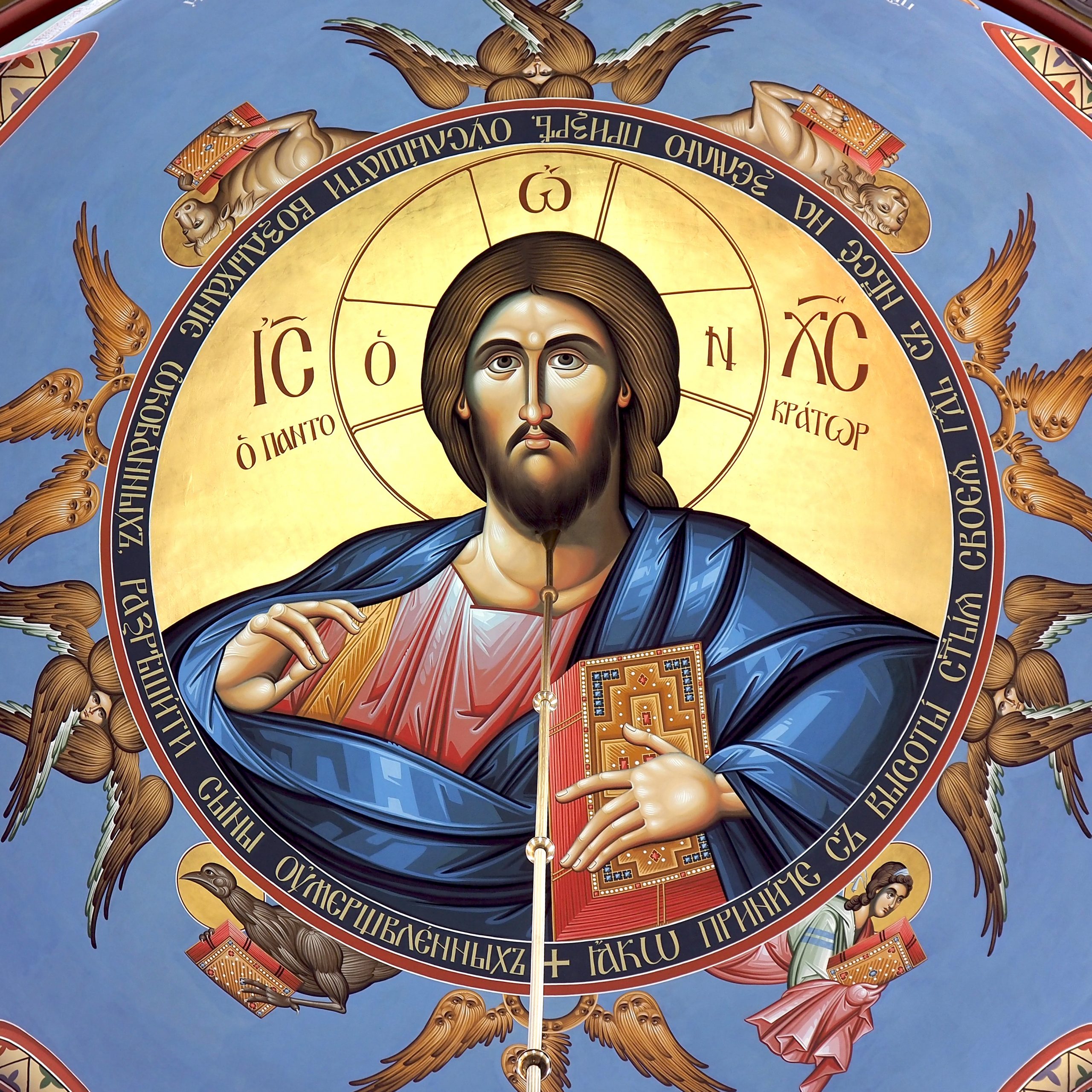Jesus said, “Peace I leave with you; My peace I give to you; not as the world give do I give to you. John 14:27
Peace means absence of conflict. However, to have peace does not mean there will never be conflict. To have peace means that there is a desire to work through conflict when it arises.
To have peace is to be still. However, to have peace doesn’t mean that we don’t work or have stress. To be at peace is a heart that is still—meaning that it is filled with God and God’s love so that the work and the stresses of life don’t knock it off kilter.
To have peace is to desire unity with others. It doesn’t mean complete agreement with others, but a desire to work together.
There are many places in the Bible where peace is mentioned:
In Matthew 5:9, during the Sermon on the Mount, in a section of scripture called “The Beatitudes,” Jesus says “Blessed are the peacemakers, for they shall be called sons of God.”
The message of the angels at the Nativity was “Glory to God in the highest, and on earth peace among men with whom He is pleased!” (Luke 2:14) This verse is often mistranslated as “Glory to God in the highest and on earth peace, goodwill towards men.” This implies that peace is a gift to everyone. However, this is not what the verse says. Peace isn’t something we get merely by living. Peace is a gift that is given to people of goodwill, people with whom the Lord is pleased, people who make an effort to encourage peace, people who make an effort to live peacefully.
In Psalm 133:1, we read “Behold how good and pleasant it is when brothers dwell in unity!”
And peace is one of the nine “Fruit of the Spirit” listed in Galatians 5:22-23, Christian values that we seek to cultivate.
The decision to cultivate peace comes from within oneself. One can be in a war-torn area and still find peace. Just as one can live in a safe society and not have peace. Peace is a gift from God. However, it is a gift we must choose to cultivate—it is not cultivated for us.
Peace is a desire to work through conflict, to have a calm heart and to work for unity. Encouragement and peace work hand in hand. When someone encourages me, it lessens conflict, it calms my heart, it brings me closer to my encourager. When someone discourages me, it creates conflict, burdens my heart and builds walls between me and the discourager. The choice to be an encourager in fact helps one to become a peacemaker and a promoter of peace.
One of my favorite songs at Christmas is “Let There Be Peace on Earth,” which is what I’ll use as today’s prayer. This song highlights that the decision to have peace on earth begins with the individual. Peace in the world begins with peace with yourself. Encouragement has a large impact on the peace of the individual. And if individual peace is the first step towards peace in the world, we see how important encouragement is in relation to peace. I encourage you to listen to the song below today and to let its words become a mantra for you.
Let there be peace on earth, and let it begin with me.
Let there be peace on earth, the peace that was meant to be.
With God as our Father, brothers all are we.
Let me walk with my brother, in perfect harmony.
Let peace begin with me, let this me the moment now.
With every step I take, let this be my solemn vow.
To take each moment and live each moment in peace eternally.
Let there be peace on earth and let it begin with me.
(Written by Jill Jackson Miller and Sy Miller, 1995)
Let peace begin with you today. Do your part for peace by encouraging someone today!
The Revised Standard Version of the Bible is copyrighted 1946, 1952, 1971, and 1973 by the Division of Christian Education of the National Council of the Churches of Christ in the U.S.A. and used by permission. From the Online Chapel of the Greek Orthodox Archdiocese of America.




